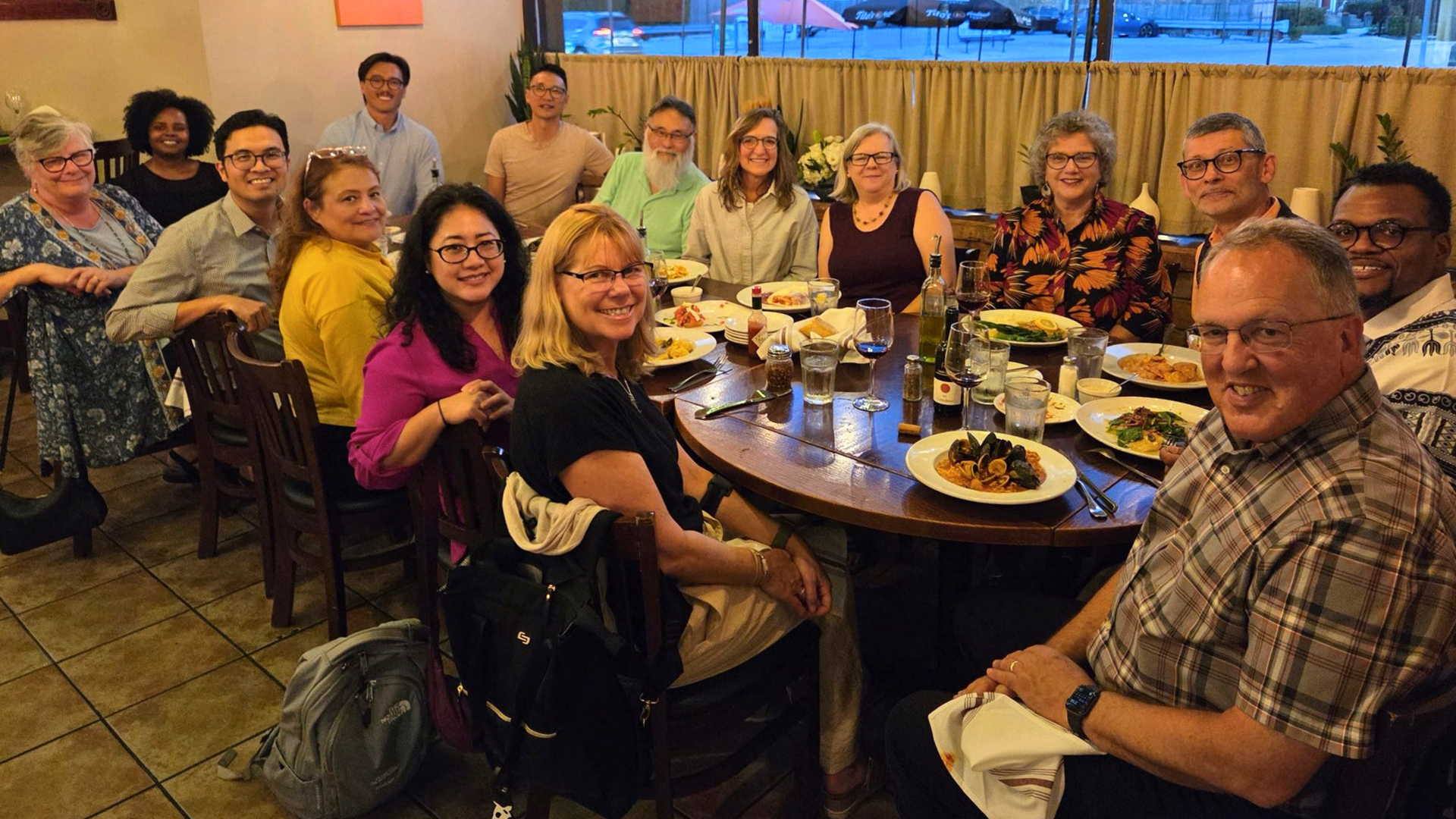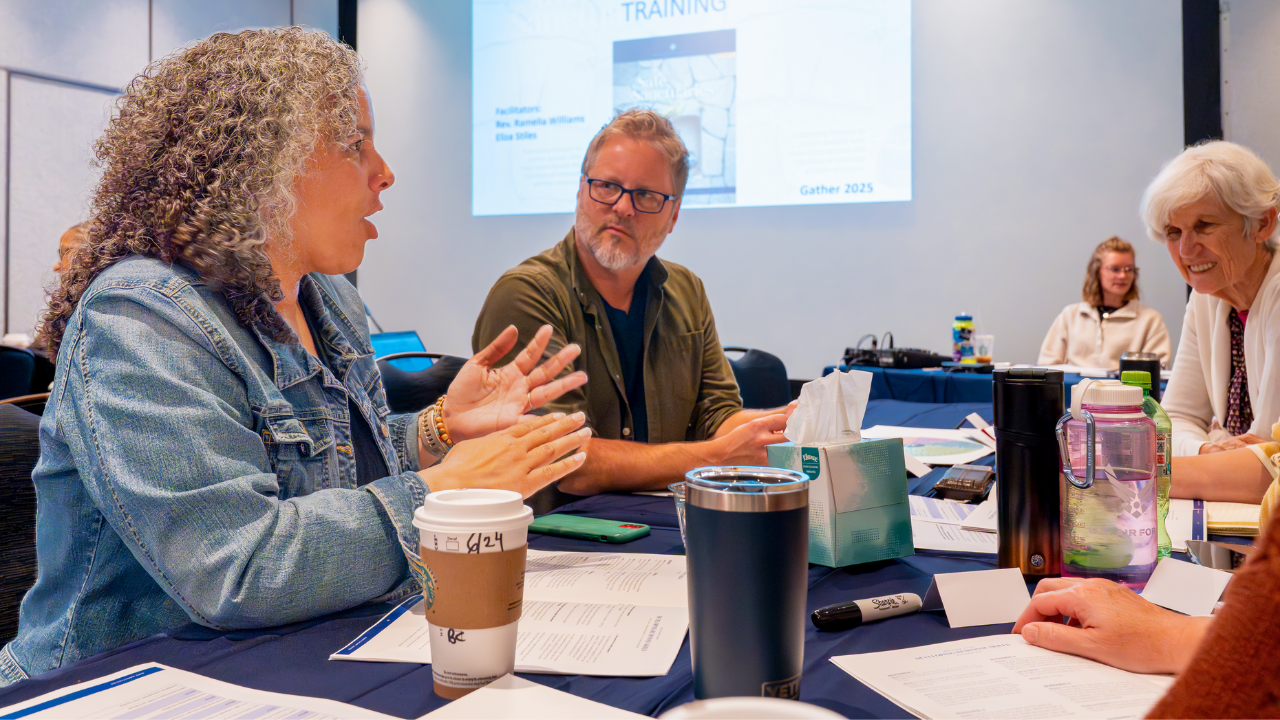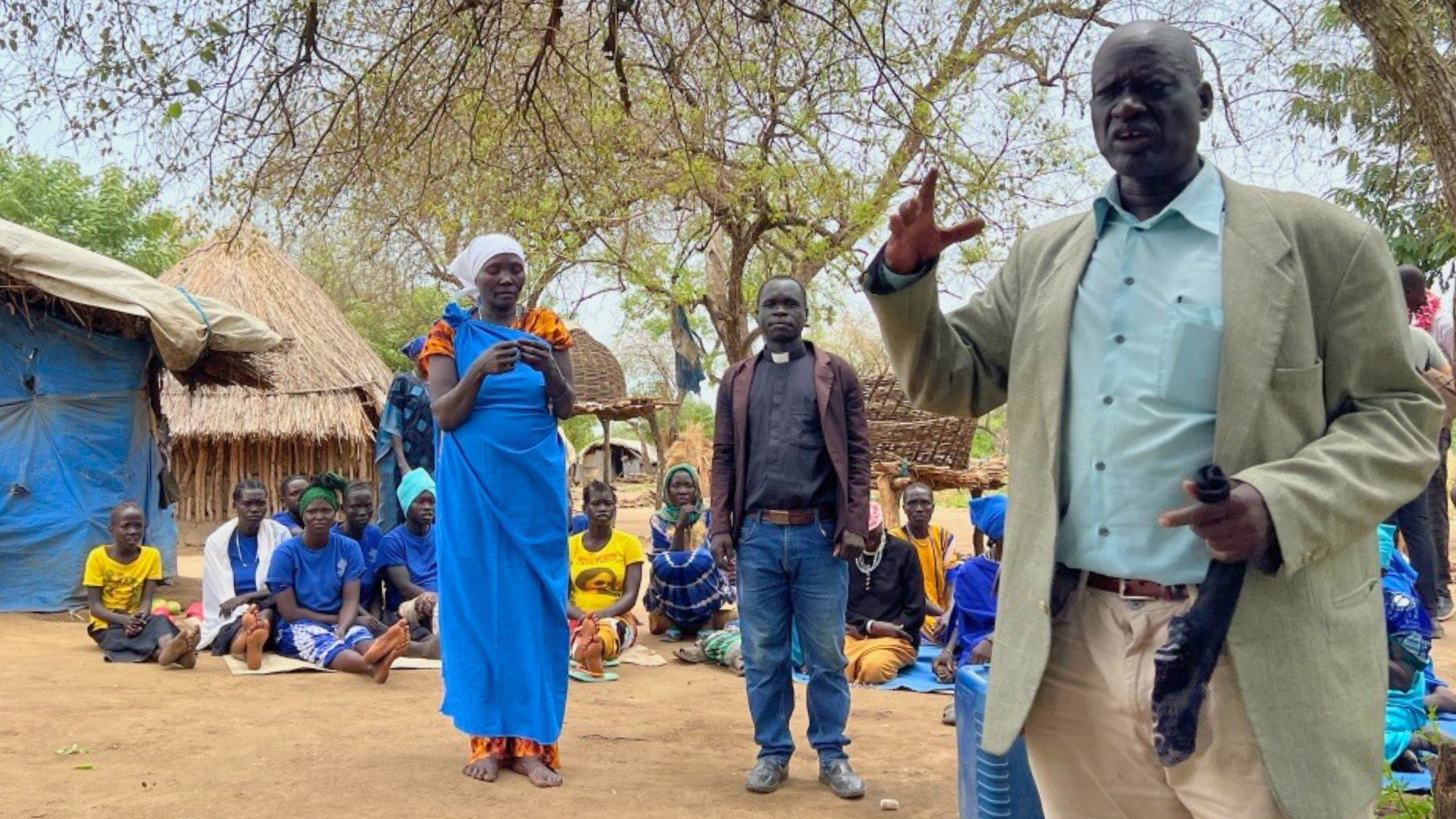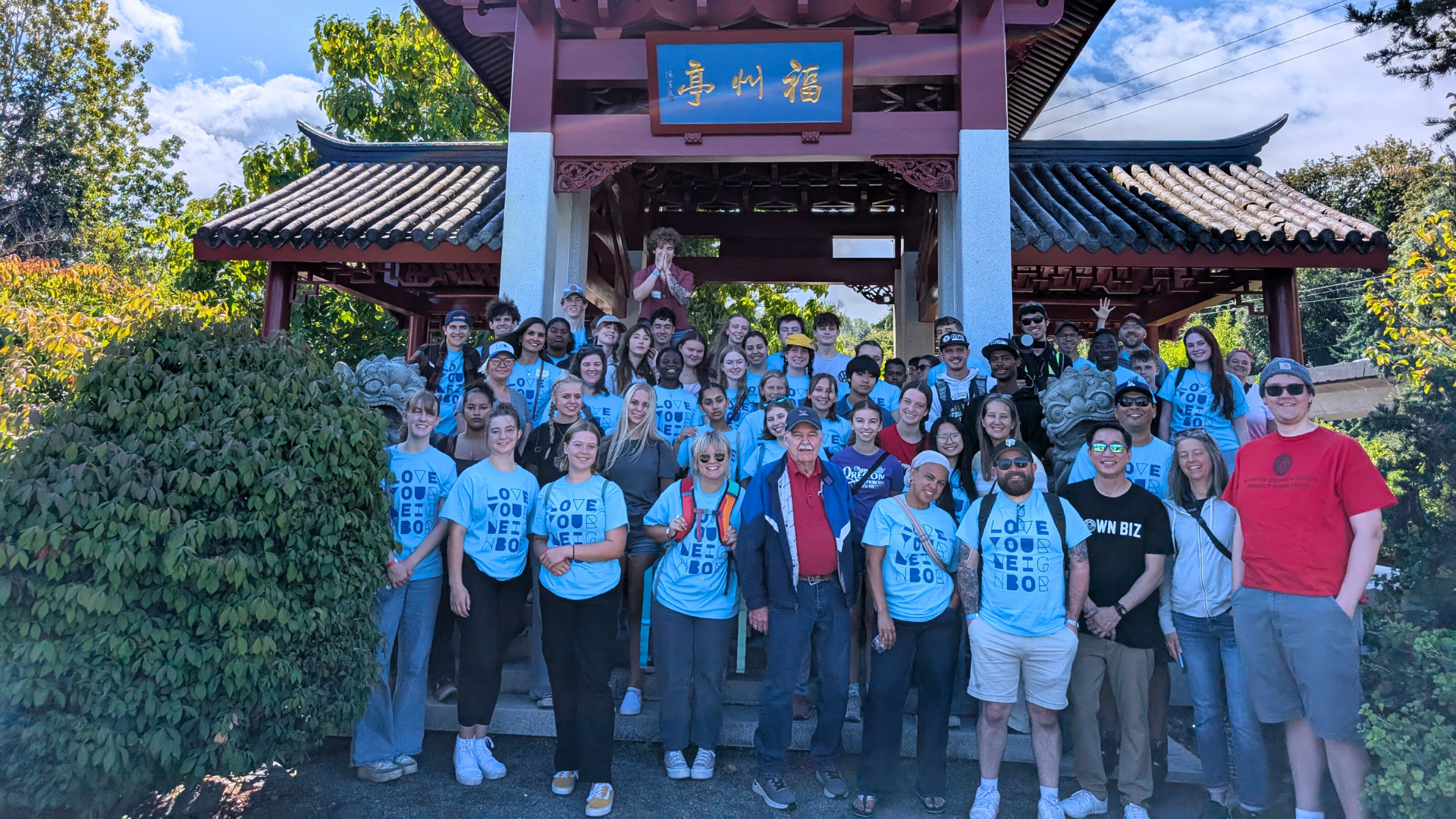GLENVIEW, IL (April 30, 2018) – The Church Alliance, a coalition of the chief executive officers of 38 denominational benefit programs, including the Covenant – has filed an amicus curiae brief in the Seventh Circuit U.S. Court of Appeals (Chicago), in the case challenging the constitutionality of the cash housing allowance exclusion for clergy.
Under the exemption provided through Section §107(2) of the Internal Revenue Code of 1986, ministers do not have to pay federal taxes on housing allowances that are set by an employing church. The exemption can be applied to house expenses and cannot exceed the fair rental value of the property. The exemption applies to ministers, priests, rabbis, imams, and other clergy.
Last October, in the case Annie Laurie Gaylor, Freedom from Religion Foundation et al. v. Steve Mnuchin et al., the federal district court for the Western District of Wisconsin declared the tax-free housing allowance for clergy unconstitutional because it provides a benefit to clergy not available to others in secular employment.
Judge Barbara Crabb delayed the effect of her order until after the conclusion of all appeals. The government appealed to the Seventh Circuit in February.
The Church Alliance brief adds a perspective that is not duplicated in the government’s brief and focuses on past judicial rulings that have permitted legislative accommodations of religion. The brief argues that Code §107(2) is a constitutionally permitted accommodation of religion when viewed in the context of Code §107(1) (the exclusion for in-kind clergy housing, e.g., parsonage or manse) and Code §119, which excludes employer-provided housing from employees’ incomes in numerous secular circumstances.
In addition, the brief argues that clergy have become so reliant on the law that a change now would be inappropriate and unjust.
“For more than 60 years, ministers have arranged their financial affairs, such as buying housing and saving for retirement, in accordance with the tax rules established by Congress. If Code §107(2) is held unconstitutional, they will find their circumstances severely affected, and their hopes for an adequate retirement jeopardized,” said James Sanft, chief executive of Concordia Plan Services (the pension and benefits board of The Lutheran Church—Missouri Synod) and vice-chair of the Church Alliance.
Last October’s ruling was the second time that Crabb has found the benefit unconstitutional. She ruled in 2013 that the benefit was unconstitutional because it violated the First Amendment Establishment Clause, which reads, “Congress shall make no law respecting an establishment of religion, or prohibiting the free exercise thereof.”
The Seventh Circuit court overturned the decision in 2014, determining that the Freedom from Religion Foundation (FFRF), which brought the suit, did not have standing because they couldn’t show they had been harmed by the benefit being extended to clergy. The court did not rule on the constitutionality of the housing allowance.
In response, the FFRF altered how it compensated its co-presidents to match the way clergy receive the allowance. The Department of Justice defended the allowance when it said the atheists qualify as “ministers of the gospel” and should be eligible for the exemption. When the IRS did not grant the exemption, the FFRF sued.
The FFRF challenged only the part of the law that impacts clergy living in homes they have bought or rent. The allowance for ministers living in church-owned parsonages will remain.
It is widely believed by legal experts that the case will eventually be heard by the Supreme Court.














